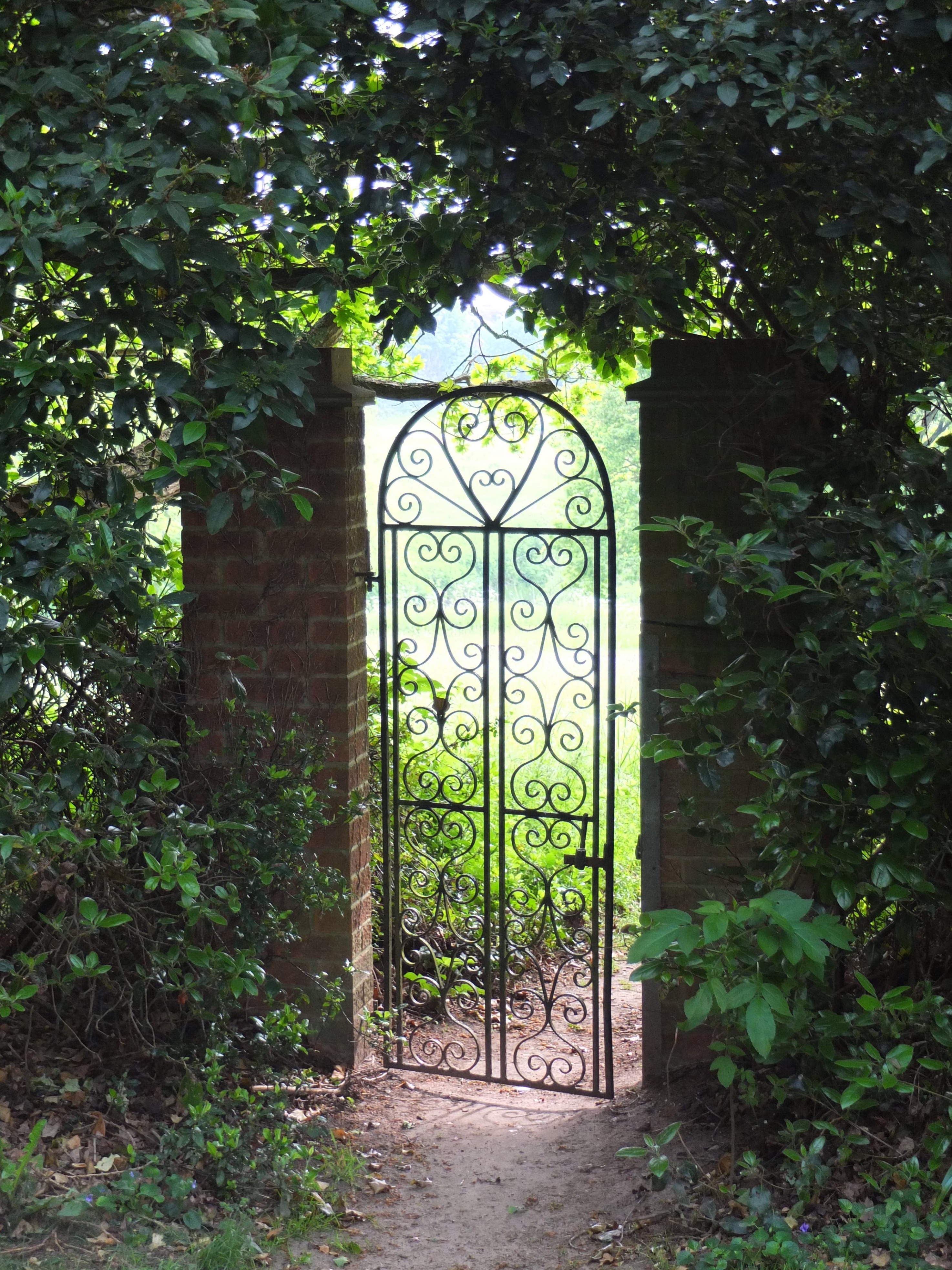 Look – I’m sorry to bang on about this – and I really don’t want to bore the gentle reader more than is absolutely unavoidable – but I really must just put in one final word for Tom Stoppard and the BBC’s adaptation of Ford Maddox Ford’s ‘Parade’s End’, which finished on BBC2 on Friday evening.
Look – I’m sorry to bang on about this – and I really don’t want to bore the gentle reader more than is absolutely unavoidable – but I really must just put in one final word for Tom Stoppard and the BBC’s adaptation of Ford Maddox Ford’s ‘Parade’s End’, which finished on BBC2 on Friday evening.
Achingly beautifully written, acted, directed and shot this (hopefully!) award-winning drama represents all that has ever been best in what really has become a very sorry creative sphere – that of modern television production. Those who know me even marginally will be only too aware of how little I find to admire these days in the televisual and filmic arts. Kickass Canada Girl claims – with some justification – that I have spoiled the cinema going experience for her. It is no fun at all to sit through a film at my side as I sigh, grunt and squirm irritably when faced with clunky dialogue, unbelievable characters and unnecessary yardage of exposition. The trouble is that she herself has now become much more critical and less able to sit through such mediocre offerings. Sorry about that!
The greatest failure to my mind on the part of TV and film producers – and one which is almost certainly a result of there being too many ‘executives’ now involved in the process who mistakenly think they know how to make drama – is that of not trusting the intelligence of the viewing audience. Let’s put that another way – of patronising the viewing audience. There is nothing more eloquent in drama than that fragmentary understated occurrence or reaction that generates in the viewer a small shock of recognition and understanding. This – surely – is how art can have such a great and direct impact on those eager to learn from it. These days in film and on TV it seems that there is a belief that only if signposted in huge letters on enormous billboards will the viewing audience actually get the point. My worry is that this in itself is breeding a new generation who indeed will not be able to ‘read’ creative works without such assistance.
By way of illustration of what can be achieved let me give just the tiniest example from ‘Parade’s End’ – and that not from any of the main plot threads but of just a single small incidental detail – beautifully handled.
In the trenches of the first world war Ford Maddox Ford’s passe protagonist, Tietjens (played exquisitely by Benedict Cumberbatch), finds himself unexpectedly and unwantedly in charge of his battalion. One of the more unexpected duties he is called on to perform is to give permission for a private – whom we have heard unknowingly for some minutes in the background practicing his bugling – to play the following night before the top brass at an event behind the lines.
A while later – during a German artillery barrage – Tietjens is given the news that a shell has burst in the entrance to a slit trench, and that there has been a single fatality. Tietjens hurries to inspect the scene and sees – half buried in the mud thrown up by the blast – the bugle case that we have seen previously. There is no dialogue – no lingering shot – merely the briefest reaction in Cumberbatch’s eyes.
Then – after some further narrative development – both we and Tietjens hear again the distant refrain of the bugler at practice. Again – no dialogue – no labouring the point – simply the realisation as revealed on Cumberbatch’s face.
This sort of thing requires (under)writing and acting of the highest order, but stirs in the viewers breast an empathy and understanding that no amount of dialogue or elaborate visual symbolism could have effected.
Enough! You have missed ‘Parade’s End’ in its first run (congrats to those who did not!) but it will doubtless be repeated.
…and there is always the boxed set – which would doubtless make a wonderful Christmas present!


Recent Comments